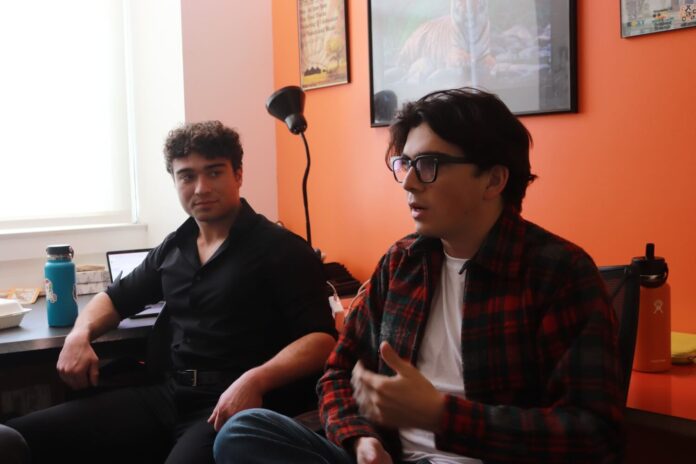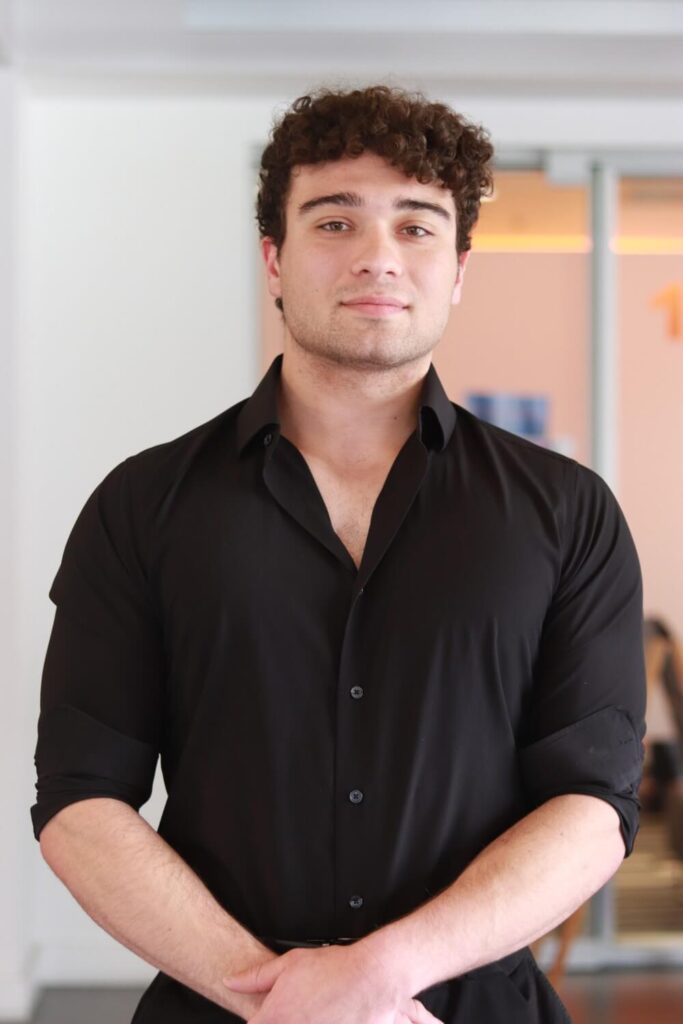
The Associated Students of Occidental College (ASOC) Executive Committee (EC) met March 8 to discuss a proposed change that would involve clubs returning the initial funds provided by ASOC for fundraisers, according to ASOC Vice President of Finance Darius Harvey (sophomore). The meeting, which was moved to Choi Auditorium to accommodate a large number of student attendees, gave EC members and students a chance to comment on the proposed change. Harvey said that an internal miscommunication that the change had already been implemented led to the large number of concerned students at the meeting.
“We want to apologize to the student body for that miscommunication and make it a point that we’re going to continue to try to be more transparent with the student body,” Harvey said.
Harvey said the proposed change involves the process through which ASOC funds student-run organizations and clubs.
“How ASOC funding works at the moment is a club comes and requests funding, say $500 to have a boba sale,” Harvey said. “ASOC would hopefully approve that request, and the club would make a profit that they can spend on their operations, or the event that they’re planning or whatever they want. How it currently works is ASOC allows the club to keep the $500 as well.”
Harvey said the proposed change resembles how a bank provides loans that are expected to be paid back. Harvey said this would prevent ASOC from depleting their budget and having to dip into savings, a possibility if the spending patterns of the year continue.
Nate Lundstrom (sophomore), secretary for the Youth Democratic Socialists of America chapter at Occidental, said that the function of ASOC’s budget should be to give money to student organizations, not to maintain its funds.
“They are not a bank that ‘invests’ in clubs for them to return it; rather, they are who we as students elect to allocate the money we pay into them in student fees back to us,” Lundstrom said via email. “The original intent of ASOC’s policy of ‘funding fundraisers’ was that it serves as a ‘money multiplier’, allowing the money that they give to go even farther in helping student clubs, it was not intended as a ‘loan’ that is then given back to the non-profit.”
Kenya Sterns (senior) said she understands ASOC has a financial issue to solve but believes more thought needs to be put into the solution.
“I think it’s a hard job to try to come up with a new structure that works for everyone,” Sterns said. “I just think the people who are trying to implement these policies weren’t really thinking about how it would affect people who are trying to fundraise and the amount of effort that goes into fundraisers.”
Sterns said she thinks ASOC needs to clearly communicate the potential consequences of any proposed changes, especially since students will be directly impacted no matter which solution is chosen.
Marcus Rodriguez, Executive Committee advisor, said that ASOC should always strive to be good stewards of student fees. Zander Patent (junior), senate director of policies, said he sees an urgent need for ASOC to solve its spending issue in a considerate way.

“[ASOC] has already spent over $50,000 extra this year,” Patent said. “So there do need to be restrictions put in place. The question really is how do we do it equitably, and in a way that still positively impacts the maximum amount of students without sort of like kneecapping clubs.”
Lundstrom said that clubs are attempting to bounce back from the pandemic, and this warrants tapping into “rainy day” funds normally not used.
“This is not to say that ASOC doesn’t have budget constraints,” Lundstrom said via email. “We don’t have to implement cuts against clubs in order to save money — we know that there is money in savings to be spent.”

Lundstrom said that the new policy would be especially threatening to the longevity of new clubs, which could have up-front costs associated with setting up their programs.
Max Manzare (junior), junior class senator, said he thinks it is important for students to know how ASOC is funded.
“It’s very important for students to remember that this is their money,” Manzare said. “When you look at the breakdown of your tuition each year, there are student fees that go directly to fund ASOC. And when you go and you buy boba or something on the quad, that’s funded by your money.”
Patent said the attention this issue has received has spurred a movement toward greater transparency from ASOC, which will be realized in the form of town hall meetings every month. Manzare said candidates for elected positions will now also participate in debates where students can ask questions about their platforms. These changes were inspired in part by witnessing the conversations happening between students and the EC members at the March 8 meeting, Patent said.
“I think it is awesome to just be able to explain how we actually work,” Patent said. “I think that increases student involvement and increases the diversity of ideas down the line.”
Harvey said no final decision regarding the funding issue has been made, and ASOC is continuing to take input from students and student-run organizations.
“There’s no deadline to make a decision because we want to make sure that we can make the best decisions possible on behalf of the student body,” Harvey said. “I don’t see it being enacted this year. If anything, it would be put in place next academic year.”
Contact Eliza Kirk at ekirk@oxy.edu
![]()






























